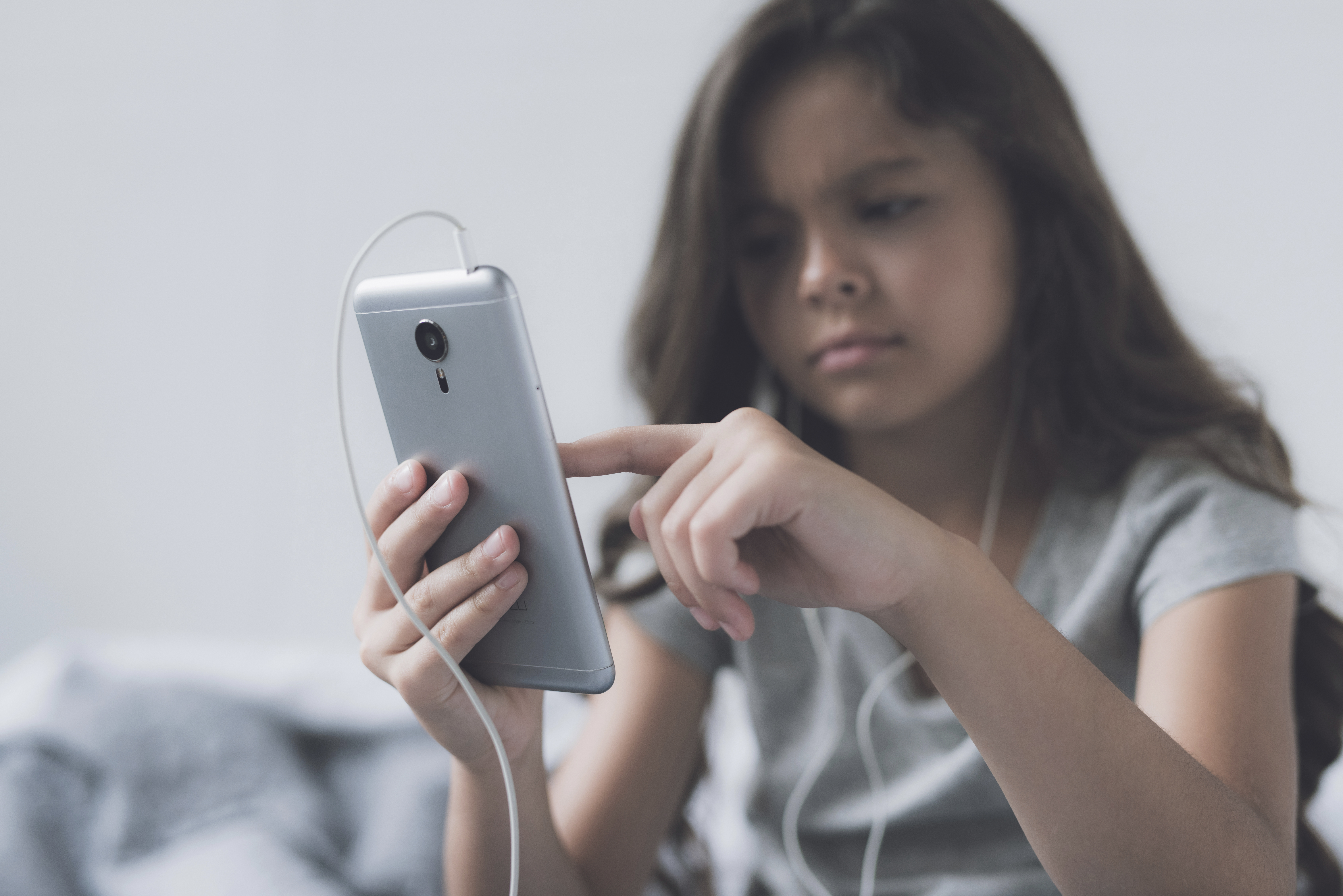The amount of time people spend on social media platforms is rising. In fact, we’re spending two more hours per day on social media than we were in 2012. And this is causing serious ramifications in children and their mental health. In fact, experts are blaming the rise in childhood depression on the increased use of social media.
In a report from England’s Royal Society of Public Health, experts measured “positive and negative effects of social media on young people’s health.”
They interviewed 1,500 individuals between the ages of 11 and 25, and asked them to identify their mood while they used five social media platforms, including Snapchat, Instagram, YouTube, Facebook and Twitter.
The results show that both Snapchat and Instagram can trigger feelings of anxiety and inadequacy more than the other three platforms. When it came to Facebook, cyber-bullying got worse. And compared to the other social media apps, YouTube came out as having the most positive impact on children and teens.
Along with feelings of anxiety, children are also experiencing more depression than they once were. In fact, psychiatrist Louise Thedosiou of the Royal Manchester Children’s Hospital, notes that overuse of social media can increase feelings of inadequacy, cyberbullying and lead to symptoms of depression in children.
An effective form of treatment seems to be to limit time on social media platforms, especially on those which increase feelings of anxiety and inadequacy, such as Snapchat and Instagram.
However, both experts and parents alike are calling on platforms to help children users track how long they use certain platforms to prevent negative effects.



